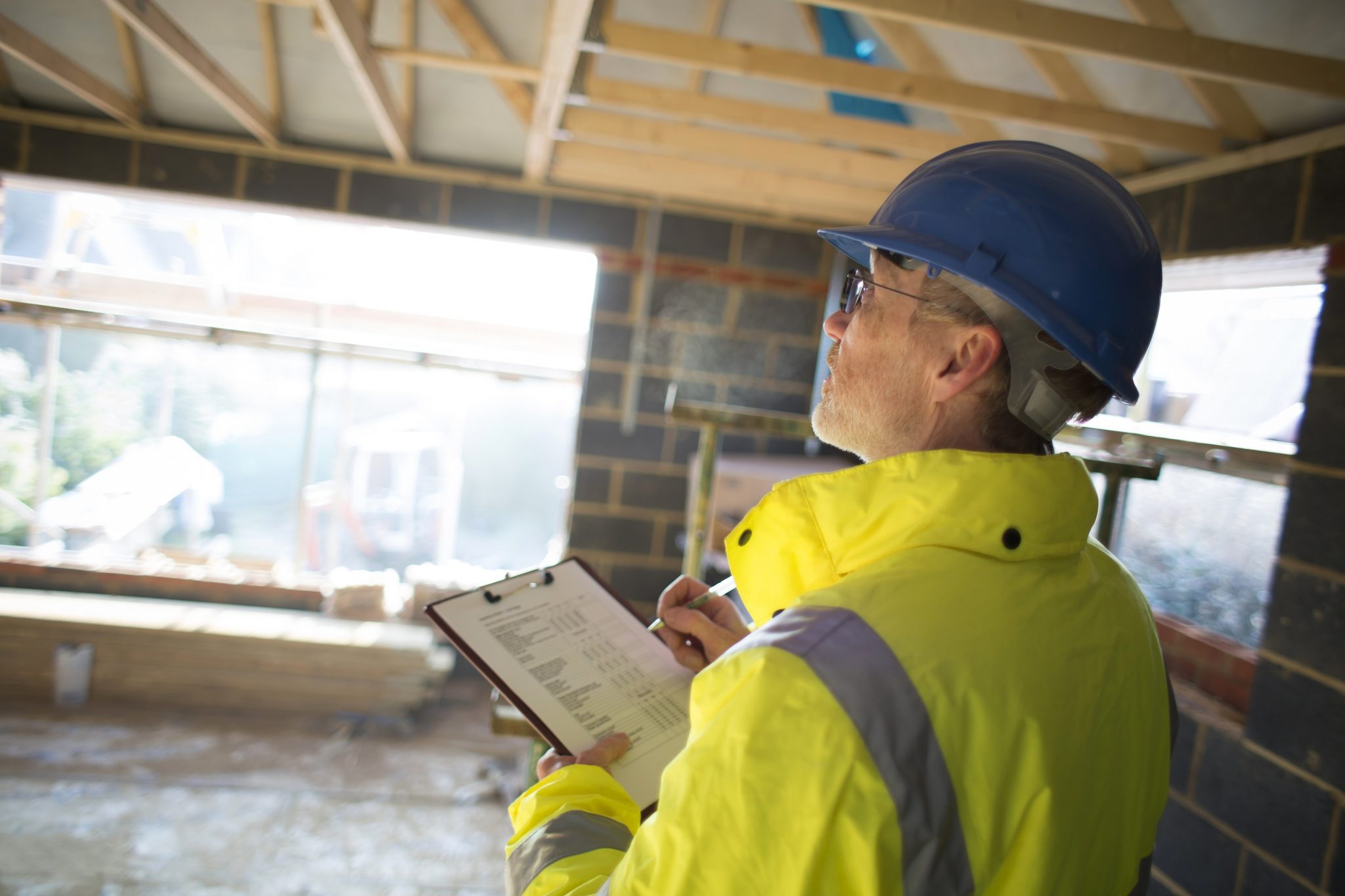In this follow-up article to September’s look at performance certification, warranty and compliance statements, FIS technical director Joe Cilia puts some questions to Brian Moore, operations director and deputy chief executive officer at the BBA.
The British Board of Agrément (BBA) is the UK’s leading construction products certification body, providing approval, certification, audit and inspection, alongside expert test services, to manufacturers of building products and systems. The BBA’s purpose is to provide reassurance to architects, specifiers, insurers, members of the public and regulators of construction products and systems, and to encourage the safe development and adoption of innovative construction solutions.
Why is compliance such a hot topic?
BBA research, gleaned from a variety of sources, suggests that the delivery team are taking a closer interest in compliance from both a research and operational perspective. Consequently, tier 1 contractors and clients are now employing specialists to ensure that compliance is happening and can be demonstrated at all stages of a project.
What is the major concern?
Product substitution. The BBA takes substitution seriously as it can have a major impact on the performance of a product or system. Our technical assessment experts examine products at every stage, from materials sourcing to manufacturing to installation on-site.
Replacing a component or product, changing a recipe or even mixing fixing types are serious if there is no test report validating the modified product or system from its original test evidence. Add to that the potential for change during the procurement stage from manufacture to site and you get a very complex set of risk factors that, in most cases, would affect the warranty or guarantee, but certainly the third party certification. For these reasons, our certified clients know how rigorous this process needs to be.
Problems can also arise at the procurement stage, where products are specified but subsequently changed and ‘equivalent and approved’ is misinterpreted as ‘similar or approved’ as stakeholders seek to constrain costs and protect profit margins. Removing an element, such as a layer of insulation, will also invalidate third party certification.
What does the BBA suggest?
The BBA suggests that manufacturers and system suppliers help specialist contractors to meet their compliance requirements by taking an intelligence-led approach; this means taking into account audit history, complaints, relevant information received as well as the type of product under review. This view of audit risk could lead to a variety of audit types: ‘without notice’ in high-risk cases; a ‘with-notice’ and ‘without-notice’ regime; or a wholly ‘with-notice’ approach on the principle of ‘earned autonomy’.
Another approach adopted by the BBA is its Product Excellence Programme (PEP), where BBA auditors take samples of available products from a manufacturing location and subject them to comparative tests against the original specification. Any proactive testing is a positive step and welcomed by many manufacturers that see it as entirely compatible with the direction commended by Dame Judith Hackitt in her Independent Review.
And what about the cost?
As the former US deputy attorney general Paul McNulty put it, “If you think compliance is expensive, you should try non-compliance.”
To use a health analogy, as with cholesterol, too much compliance is bad for you, but you need just enough of the right kind to stay healthy. And we all want a healthy construction product sector.
At the time of writing, the Royal Institute of British Architects (RIBA) is consulting with the industry on a revision to its Plan of Work, which is used as the definitive UK model for the building, design and construction process. The proposed process map and associated deliverables list enables a golden thread of fire safety information from the point at which a building project is identified through to the ongoing management of the building. The draft RIBA Plan of Work for Fire Safety includes:
- a new statutory process based on Hackitt Review recommendations
- fire safety roles by work stage
- rigorous review and sign-off procedures by the client team, design team and construction team
- CDM 2015-style duty holders
- key deliverables by role and stage
It is clear that fire safety is paramount, and that clear evidence of compliancy will be a pre-requisite at every stage, including design, specification, procurement, installation and ongoing maintenance. So, is third party certification the answer for products? And what about for installers? This is a changing landscape, and one where change will bring opportunity and risk alike. Our advice at FIS? Check, ask and check again. Never assume and always ask for evidence.
FIND OUT MORE
JOE CILIA
FIS technical director
joecilia@thefis.org


